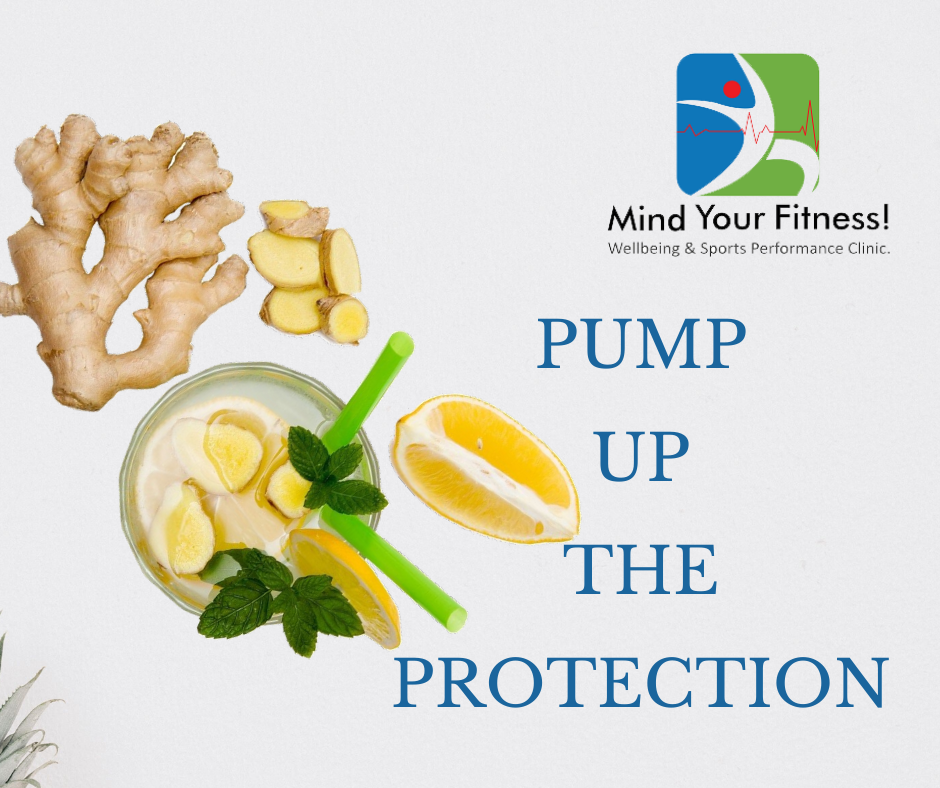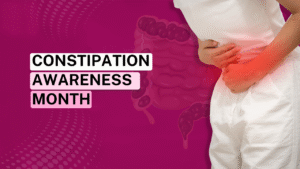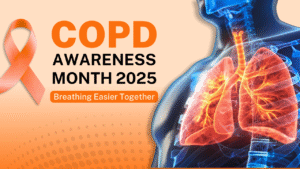
Immunity refers to the body’s innate ability to protect itself from foreign particles. These essentially include allergens, virus and bacteria.
When the immune system encounters a foreign particle it produces antibodies that fight the particle. Antibodies linger in the system for variable durations and protect the body from being re infected. Eg, in the case of chicken pox, protection is somewhat lifelong.
If the immune system overpowers the particle, you may not display symptoms. However, if the defenses are low and the particle overpowers, we fall sick.
Infection does not necessarily lead to disease. Infection occurs when pathogens enter your body and begin to multiply. Disease, which typically happens in a small proportion of infected people, occurs when the cells in your body are damaged as a result of infection, and signs and symptoms of an illness appear eg., fever.
How can we strengthen our immune system? This is a highly relevant question in today’s times.
It is a known fact that inflammation decreases immunity. Oxidative stress generation of free radicals drives inflammation.
Infection does not necessarily lead to disease. Infection occurs when pathogens enter your body and begin to multiply. Disease, which typically happens in a small proportion of infected people, occurs when the cells in your body are damaged as a result of infection, and signs and symptoms of an illness appear eg., fever.
How can we strengthen our immune system? This is a highly relevant question in today’s times.
It is a known fact that inflammation decreases immunity. Oxidative stress generation of free radicals drives inflammation.
Lifestyle changes are modifiable factors while ageing is not!
1. Diet:
Protein: How much daily protein you need depends on your weight, goal, and level of physical activity: minimum 60g and 50g for men and women respectively of 1st class proteins.
The immune system is a wonderful collaboration between cells and proteins that work together to provide defense against infection. Proteins do most of the work in cells and are required for the structure, function, and regulation of the body’s tissues and organs. 1st class protein like eggs, lean meat, milk and milk products, whey protein are better absorbed and utilised.
Curcumin : Curcumin is a yellow pigment found in turmeric. It has powerful anti-inflammatory effects and is a very strong antioxidant. However the content of curcumin in turmeric is very less and hence it is difficult to reach the required levels. It’s a potent anti-inflammatory and antioxidant and may also help improve symptoms of depression, arthritis, delay ageing, treats Alzheimer’s, can help prevent cancer, lowers the risk of heart disease and boosts brain derived neurotrophic factor.
Glutamine: Glutamine is one of the naturally occurring amino acids and is conditionally essential meaning if the requirements are when the immune system is compromised, it should be supplied in higher quantities.
It is sold as an isolated amino acids as well as being found in high levels in dietary meat and eggs. It is also found in very high levels in both whey and casein protein. It is a very effective intestinal and immune system health compound, as these cells use glutamine as the preferred fuel source rather than glucose.
Vitamin C: Vitamin C is a water-soluble essential vitamin. It is a very popular dietary supplement due to its antioxidant properties, safety, and low price. It is often supplemented to reduce the symptoms of the common cold. It reduces the frequency and duration of the illness rather than providing 100% protection.
Vitamin E: Supplementing one of the eight molecules from vitamin E, α-tocopherol is able to improve T-cell mediated immune function, which boosts the immune system. It also seems to be able to enhance the body’s antibody response to vaccinations. Vitamin E supplements should contain α-tocopherol. Avocados, olives, vegetable oils and almonds are all high in vitamin E. Vitamin E and C work together.
Selenium: Dietary selenium, mainly through its incorporation into selenoproteins (glutathione peroxidase), plays an important role in inflammation and immunity. Adequate levels are important for maintaining immunity and suppressing chronic inflammation.
Zinc: Zinc also is an antioxidant and has anti-inflammatory actions. Supplementation has shown to decrease oxidative stress markers and inflammation. Zinc deficiency is related to severe immune dysfunctions mainly affecting T helper cells and decreased lean body mass. Herbs and spices like pepper, garlic, ginger are also protective.
2. Exercise:
Ageing is associated with a decline in normal functioning of the immune system described as ‘immunosenescence’. This contributes to poorer vaccine response and increased incidence of infection and malignancy especially as we get older.
Regular exercise can enhance vaccination response, increase T-cells and boost the function of the natural killer cells in the immune system. It also lowers levels of the inflammatory cytokines that cause the ‘inflamm-ageing’ that is thought to play a role in conditions including cardiovascular disease; type 2 diabetes; Alzheimer’s disease; osteoporosis and some cancers.
Immune cells are redistributed immediately post exercise especially if it is intense. This is a normal positive response to a bout of exercise.
Athletes may be overtraining and if their diet is deficient or they are prone to certain infections, they may become susceptible in this phase.
Remember to supplement an intense workout program with adequate antioxidants for the best outcomes.
3. Rest:
Stress and lack of sleep cause a weak immune system. Cortisol is the stress hormone that hampers immune function.
Learn some techniques for effective stress management. Practice good sleep hygiene.
Build a strong immune system:
From this we understand that a strong immune system is the very first and the last line of defence.
It should be of prime concern year long and not only during outbreaks.
Diet, exercise and rest are the cornerstones.
Stay strong!
Shweta Bhatia, Registered Dieteitan, Mind Your Fitness!




